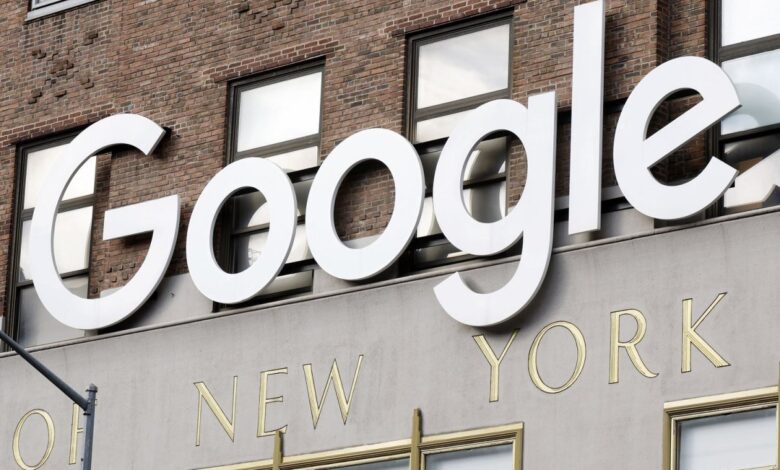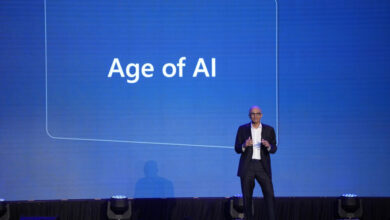Google announces new AI models; publishers fear loss of web traffic

Google on Tuesday unveiled Gemini 1.5 Flash, the latest in the Gemini generative AI model series. File Photo by John Angelillo/UPI
May 14 (UPI) — Google on Tuesday unveiled its most powerful artificial intelligence model in a bid to remain competitive in the AI arms race.
The company at its annual developer conference Google I/O announced Gemini 1.5 Flash, the latest in the Gemini Model series.
Advertising
“We heard from developers that they wanted something faster and even more cost effective,” Demis Hassabis, CEO of Google DeepMind, said in a press briefing.
Gemini 1.5 Flash will initially be available for testing and in Vertex AI, the company’s machine learning platform for developers to train AI platforms.
Google also announced an improved Gemini 1.5 Pro model, which can absorb and summarize multiple large documents or 100 emails, according to the company.
Gemini 1.5 Pro will be available for testing in Workspace Labs.
The push toward generative AI is important for Google as the historic search engine company looks to give users more advanced ways to access online information beyond the traditional web search.
The shift, however, draws concern from online creators who rely on Google searches to send users to their websites. Rather than recommend websites, Google’s AI answers just offer a paraphrase that its AI models often grab directly from the site.
“Their goal is to make it as easy as possible for people to find the information they want,” food blogger Kimber Matherne told the Washington Post. “But if you cut out the people who are the lifeblood of creating that information – that have the real human connection to it – then that’s a disservice to the world.”
The AI arms race also has caused legal hurdles for some tech companies. The underlying tech is trained on millions of news articles, blogs, and other sources ripped straight from the internet with no regard permissions.
OpenAI and Microsoft already have faced lawsuits for alleged theft of copyrighted work.
Eight major newspapers, including The Chicago Tribune and the New York Daily News in April sued OpenAI and Microsoft for copyright infringement, claiming the companies used their articles to train AI models.
Some media companies, meanwhile, are cozying up to AI. OpenAI has signed deals with web publishers such as Dotdash Meredith to prominently show their content on ChatGPT.



